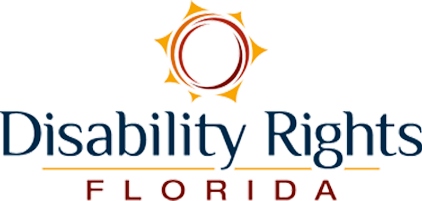Some aspects of housing accessibility are covered by the Americans with Disabilities Act (ADA).
Title II of the ADA covers the activities of state and local governments. Title II requires "public entities to make both new and existing housing facilities accessible to persons with disabilities." Therefore, housing covered by Title II of the ADA includes housing operated by a state or local government entity, such as a state university campus or public housing authorities.
Title III of the ADA covers public accommodations. Therefore, Title III covers public and common use areas at housing developments when these public areas are open or available to the general public.
For example, Title III covers the rental office because it is open to the general public and a day care center or a community room if it is available to the general public.
Title III applies, regardless of whether the public and common use areas are operated by a federally assisted provider or by a private entity. However, if the community room or day care center were only open to residents of the building, Title III would not apply.
To learn more about what the ADA requires, visit the http://www.ada.gov/.
Please also sign up for our E-Newsletter to be notified when our comprehensive ADA topic page is complete.
